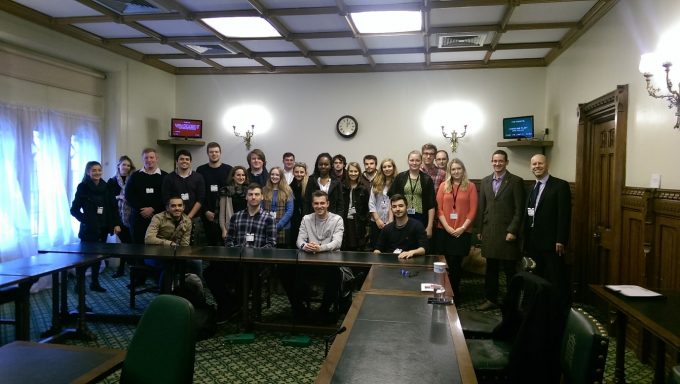This post is the first of series of posts by CEFEUS Jean Monnet Studentship Holder 2015-16, Francesco Violi on Britain’s European future.
Parading the Energy Union
Maros Sefcovic is currently undertaking a tour of European states, all in the name of discussing the Energy Union proposals set forth earlier this year (Teffer, 2015). The tour is […]
How a Brexit Would Influence the British Economy, Part 4: the British higher education sector, and the economy of Ireland
In the final installment of our four-part blog on the impact of a British exit (Brexit) from Europe, Jean Monnet scholar Mechthild Herzog investigates the potential consequences for the British higher education […]
Solidarity as a virtue: on the refugee crisis polemic
By Dr David Bates



